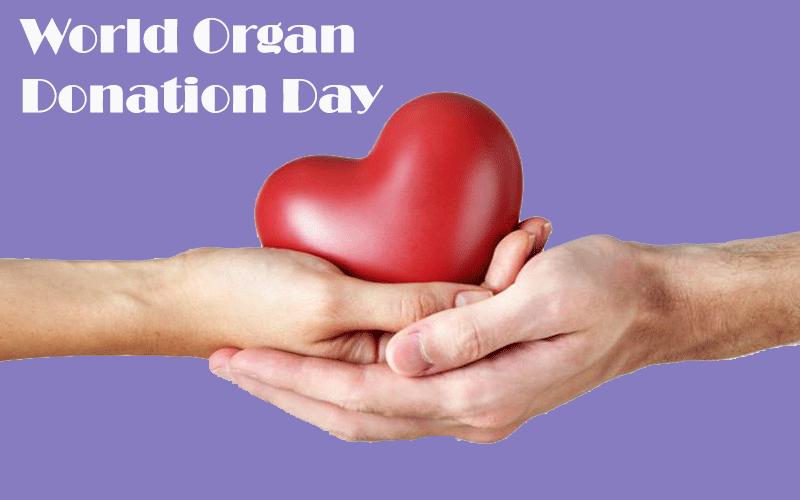Organ donation is to help someone who needs that organ. Organ Donation can get another person new life. Any person can save many lives by donning organ On the occasion of World Organ Donation Day, we are giving you some important information related to Organ Donation through this article. If you have any illusions against Organ Donation, then this article is definitely for you.
Types of Organ Donation
It is of two types, donation of organ and tissue. The inner part of the body is donated in the organ. Whereas tissue donation is usually associated with eye, ear, skin, bone and heart valve. Organ Donation is usually done only after the death of a person, but some donation and tissue donation can also be done during survival.
Which parts can donate?
Charities that can be donated include kidneys, liver, pancreas, lungs and hearts, while talking about tissue, eyes, skin, bone, bone marrow, nerves, brain, heart valves, ear curtains, ear bones and can donate blood.
Process of Organ Donation
After the confirmation of a person’s brain death, the doctor removes the limb from the body with the wishes of their family members. Prior to this all the legal procedures are met. This process is to be completed within a certain time. When the time is over, the organs begin to worsen. The process of removing the limb usually takes half a day.
How long can the organ donation?
After removing any organ from the body of the donor, it should be transplanted within 6 to 12 hours. The more likely that the organ will be transplanted, the more likely the work of that organ is. Within 6 hours of lifting the liver, and kidney transplant should be done within 12 hours. The eyes should be implanted within 3 days.
At what age can you donate organ?
There is no limit to age for the donation. A person under 18 years of age must get permission from their parents or patrons for the donation.
Why is it necessary to donate the Organ?
The organ donation depends entirely on your thinking. If you want to donate life to others, this angle can be a better option; you can give a healthy life to others after you die while living. The need for the limb can be anyone; it can be a member of your friend or family.
How to donate Organ?
There are two ways for the donation. Many NGOs and hospitals have work related to the organ donation. Going anywhere, you can fill out a form that you want to donate your organs after you die. Only part of the limbs that you would like will be taken. The person who donates any part of the body should be physically healthy.
Legal status of India on organ donation
Organ donation is legal by Indian law. Government of India enacted the transplantation of the Human Organ Act (THOA), 1994, which allows organ donation, and makes the concept of ‘death of the brain’ valid.
How organ donation is Important for someone
For organ recipients, implantation means second chance in life. Important organ such as heart, pancreatia, liver, kidney and lung can be implanted for those whose ability to work in their limbs is ending. For some people, there may be a costly treatment for the life of the anganwas, but it is not so. The organ recipient from the angle can live normal life as before. For example, transplantation of a cornea or tissue means freedom of seeing again.
Challenges of organ donation in India
In India, there are various challenges related to organ donation. For example, matching donor is difficult. Apart from this lack of bureaucracy and awareness becomes a difficult process. It is hampered due to the long paperwork. Superstition is also a big challenge.

